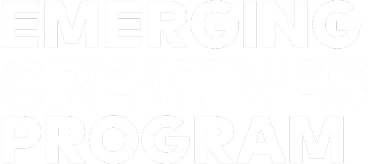
Global Citizen’s Emerging Creatives Program provides a platform for emerging creatives in the Global South that are highlighting the need for open civic space worldwide. Through their art, they call for change, shine a light on social injustices, and advocate for the advancement of the Global Goals.

JUNE 2025
FEATURED CREATIVE

Stephen Pech Gai
ZIMBABWE / SOUTH SUDAN
Stephen Pech Gai — also known as Gawaar — is a South Sudanese refugee in Zimbabwe using storytelling and advocacy to fight for climate justice and refugee rights. His excellent writing and photography has led him to become Global Citizen’s Emerging Creative for June 2025 — he’s also recognized as a 2025 Young Peacebuilders Fellow, and winner of the 2023 Modest Goat Prize.
“Refugeehood doesn’t give one full freedom of expression,” Stephen says. “So I use stories that present the challenges… to avoid repercussions.”
After witnessing the devastation of Cyclone Idai in 2019, he co-founded the Refugee Coalition for Climate Action to empower young people to lead local environmental solutions.
“I hope to showcase how refugees can also respond to disasters and climate change — not just as victims left at the mercy of humanitarian relief, but as people capable of building resilience,” he says.